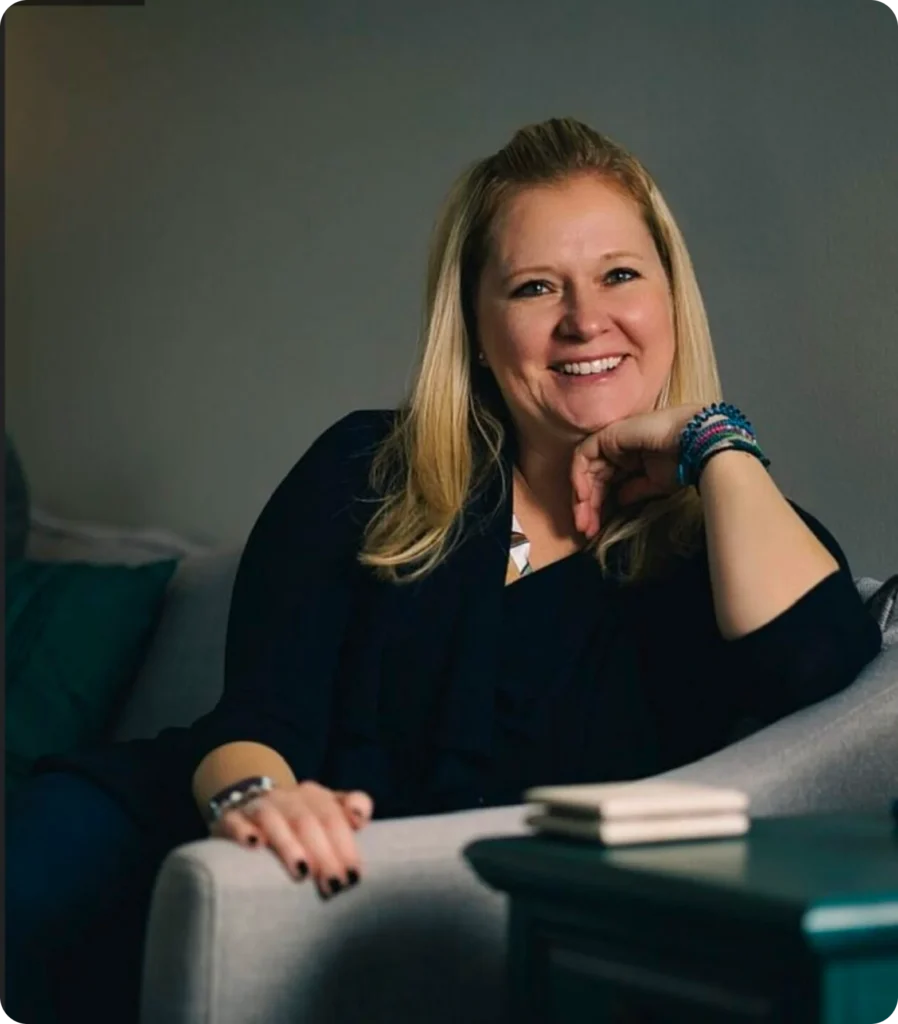Dr. Mary Mika, Psy. D

Dr. Mary Mika, Psy. D
Hi there! Thanks for taking the time to read my profile. I know there are many to choose from. If you ask anyone about me, they will tell you I don’t beat around the bush. You are choosing therapy to make some changes and that is what I want to help you do! It is difficult but with the right guidance and support, you can take those steps to be happy and confident. It’s hard, and takes courage, strength, and maybe a little humor along the way!
I have worked with children, adolescents, and families for close to 20 years. 10 years of my work was inpatient hospitals with children, adolescents, and young adults. My Masters degree is in Marriage and Family Therapy. My focus is mainly CBT, positive psychology, and mindfulness meditation. I also enjoy using my Adlerian training in sessions.
This can be a difficult decision. If you are interested in speaking to see if we are a good fit, feel free to give me a call. If we are not I will help you find someone that may be. On a personal note, I try to follow the famous Dalai Lama quote: “Once a year go somewhere you have never been before” Looking forward to your call. Be well.
Specialties and Expertise
Top Specialties
Anxiety
Marital and Premarital
Mood Disorders
Expertise
ADHD
Anger Management
Behavioral Issues
Bipolar Disorder
Child
Codependency
Coping Skills
Depression
Divorce
Dual Diagnosis
Education and Learning Disabilities
Family Conflict
Grief
Life Transitions
Obsessive-Compulsive (OCD)
Oppositional Defiance (ODD)
Parenting
Peer Relationships
Relationship Issues
School Issues
Self Esteem
Self-Harming
Stress
Suicidal Ideation
Trauma and PTSD
Women’s Issues
ADHD
Dual Diagnosis
Relationship Issues
Anger Management
Education and Learning Disabilities
School Issues
Behavioral Issues
Family Conflict
Self Esteem
Bipolar Disorder
Grief
Self-Harming
Child
Life Transitions
Stress
Codependency
Obsessive-Compulsive (OCD)
Suicidal Ideation
Coping Skills
Oppositional Defiance (ODD)
Trauma and PTSD
Depression
Parenting
Women’s Issues
Divorce
Peer Relationships
Client Focus
Children (6 to 10), Preteen, Teen, Adults
Individuals,Couples,Family
Polish
Insurance We Accept




Frequently Asked Questions
What should I expect during the first session?
The first session can create some anxiety and understanding the process can ease the worry. The first session is generally different than all subsequent sessions. During your first meeting we will go over the forms you’ve completed and discuss consent, confidentiality, and other logistics. We will spend majority of the session asking you questions that will help us understand who you are and what struggles you are facing. We will talk about what you are experiencing currently as well as your background and family history. While therapy is most effective when the client is open and honest, please know that you do not have to share things that you’re not comfortable discussing. Toward the end of the session we will discuss what you hope to achieve from therapy as we work together to develop your treatment plan.
It is important to have realistic expectations. Therapy is not a quick fix for your problem, rather it is a process and a journey. Building a trusting relationship with your therapist and some effort on your part are essential for meaningful progress.
How long will it take?
The length of therapy varies depending on several factors, including your individual goals, the challenges you are facing, your desire for personal development, your commitment, and the factors that are driving you to seek therapy in the first place.
If you are seeking therapy for a specific concern, such as stress management, a life transition, or a targeted issues like a specific phobia treatment, short-term therapy may be appropriate. This typically lasts between 6 to 12 sessions, often spread over a few months.
For deeper or more complex concerns–such as anxiety, depression, trauma, relationship difficulties, or personal growth-therapy may continue for several months to a year or longer. The pace of progress depends on several factors, including:
- the severity and duration of the issue
- your level of engagement and commitment to the process
- your personal goals and readiness for change
How do I know if therapy is working?
Progress in therapy looks different for everyone, but some common signs include:
- Feeling more in control of your thoughts, emotions, and behaviors
- Developing healthier coping strategies
- Noticing improved relationships and communication skills
- Experiencing relief from symptoms of stress, anxiety, or depression
- Gaining clarity and insights about yourself and your patterns
Therapy is a process, and growth often happens in small, meaningful steps. We will regularly check in on your progress to ensure therapy is helping you move toward your goals. If needed, we can adjust the approach to better meet your needs.
Is therapy confidential?
Yes, therapy is confidential. Your privacy is protected by law, and everything you share in sessions stays between us. However, there are a few legal and ethical limitations to confidentiality, such as if there is risk of harm to yourself or others, or if there is abuse or neglect of a minor, elderly, or vulnerable person. We will go over these confidentiality policies in detail during your first session so you feel informed and secure.
How do I choose the right therapist?
Finding the right therapist is important for successful treatment. A good fit depends on factors like their expertise, therapeutic approach, and how comfortable you feel talking with them. In your first few sessions, pay attention to whether you feel heard, understood, and supported. If at any point you feel like another approach or therapist might be a better fit, we would be happy to discuss options to ensure you get the help and support that best meets your needs. Your growth and well-being is our priority.
What if I don’t know what to talk about?
It is completely normal to feel unsure about what to say in therapy, especially in the beginning as you build a trusting relationship with your therapist. Your therapist will help guide the conversation by asking questions and exploring topics relevant to your concerns. Over time, you will likely find that sessions become more natural as you gain clarity about your thoughts and emotions. There is no pressure to have everything figured out-therapy is a space for exploration and growth.
Why shouldn’t I just take medication?
Medication can be effective, but it alone cannot solve all issues. Sometimes medication is needed in conjunction with counseling. Our work together is designed to explore and unpack the problems you are experiencing and expand on your strengths that can help you accomplish your personal goals.
